The Federal Battery Rebate Incentive is Now Available
The Federal Battery Rebate Incentive is Now Available
Posted 6 Nov
For homes, sheds, cabins, and other buildings on remote properties with limited or no access to the electricity grid, it can be very difficult generating reliable and consistent power to keep your home and required appliances running.
Investing in a solar and battery system enables remote properties to self-generate their own power, store it, and consume it when needed.
Going off-grid refers to a property not being connected to grid electricity in any way, being solely reliant on only what the stand-alone property generates through methods like solar, battery storage, and generators.
Off-grid solar and battery systems are typically used in remote areas where connecting to an electrical grid is not feasible or cost-effective, and are also used when property owners want to be fully-self-sustainable in their electricity production.
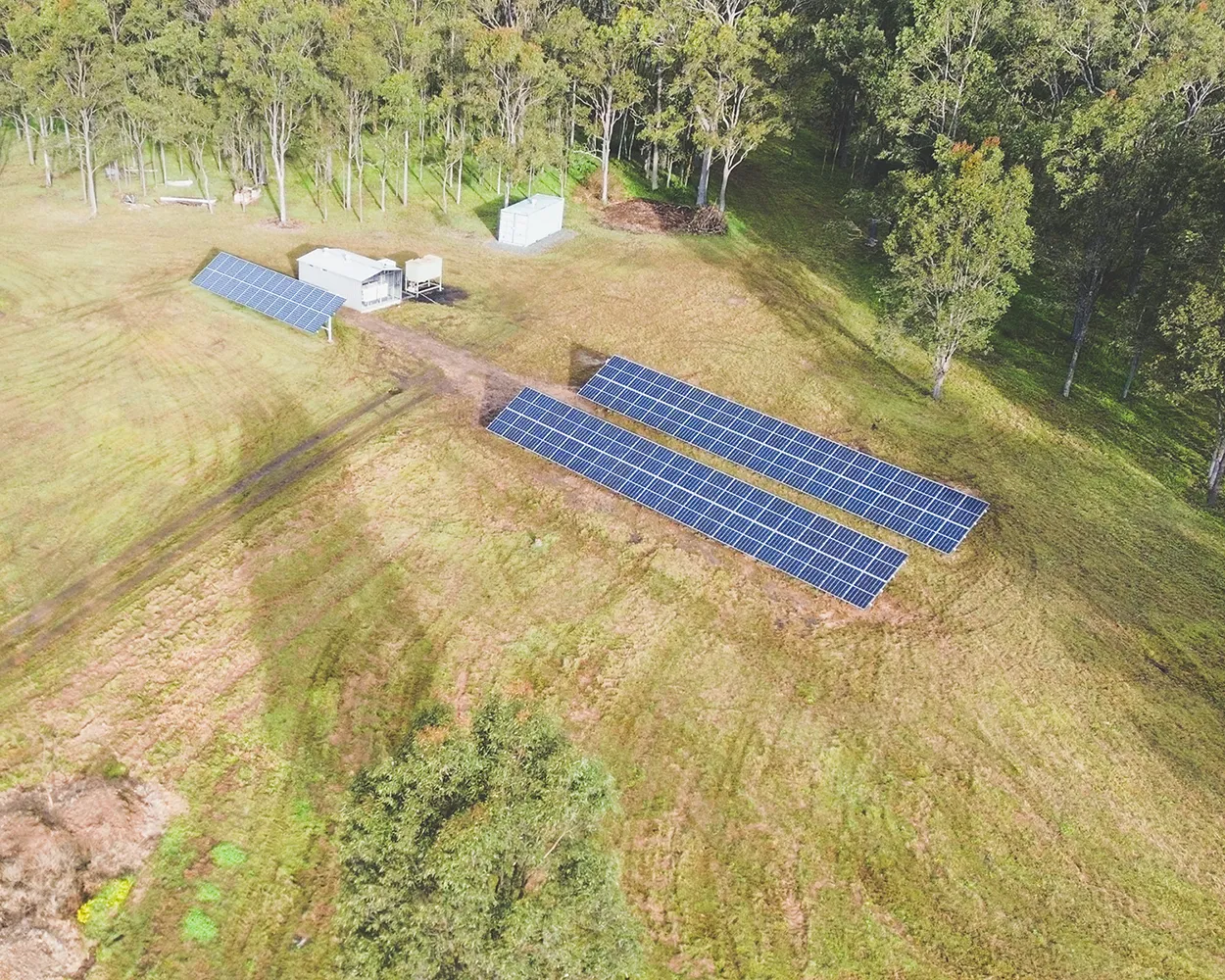
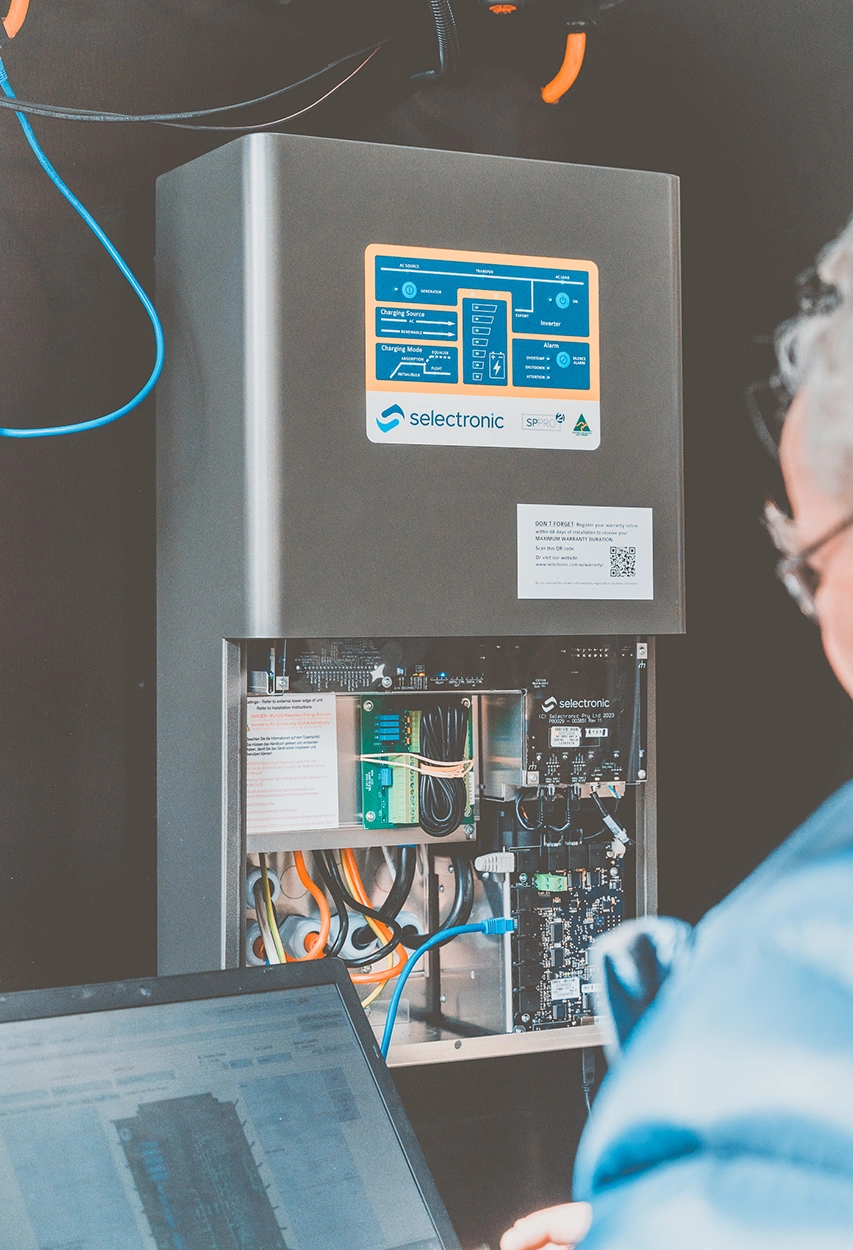
With extensive experience in both off-grid and grid-connected systems, finding the right solution for your property comes down to elements like existing electricity generation methods, budgets, goals, and requirements.
Grid-Connected Properties
Homes and properties with existing access to the electricity grid generally don't need to invest in going off-grid.
Most on-grid properties would be better off investing in a solar and battery system to become a microgrid, and heavily reduce grid reliance.
Off-Grid/Remote Properties
For properties with limited access to electricity, a solar and battery system would fulfill your electricity requirements by harnessing daytime solar energy and storing it for use later at night when the sun is unavailable. This enables complete energy independence.
Investing in an off-grid system is generally a larger investment as the system needs higher capacity batteries, and possibly a battery
generator backup. We can give you a free quote on custom systems.
As solar and battery systems are usually the primary source of electricity, ensuring your panels are as clean as possible helps
maximise your systems' performance.
You and your property will have unique energy requirements which will determine the optimal solar and battery system size. We can work
within these requirements with custom BESS and inverter systems.
Great news, whether you are on or off-grid, a solar and battery system can greatly reduce your energy expenses and provide reliable sustainable power 24/7.
Grid connected homes can go off-grid, however a much more popular option is opting to become a microgrid. This essentially means that you become your own electricity grid, generating, storing, consuming, and exporting excess power. This can also be paired with becoming a VPP.
If you're a homeowner in suburbia and want to completely disconnect from the grid, there are options for you to become 100% self-reliant, however, we really recommend looking into grid-connected solar and battery systems first.
These can allow benefiting from your energy as if you were off-grid, with a reliable backup source of energy when required.
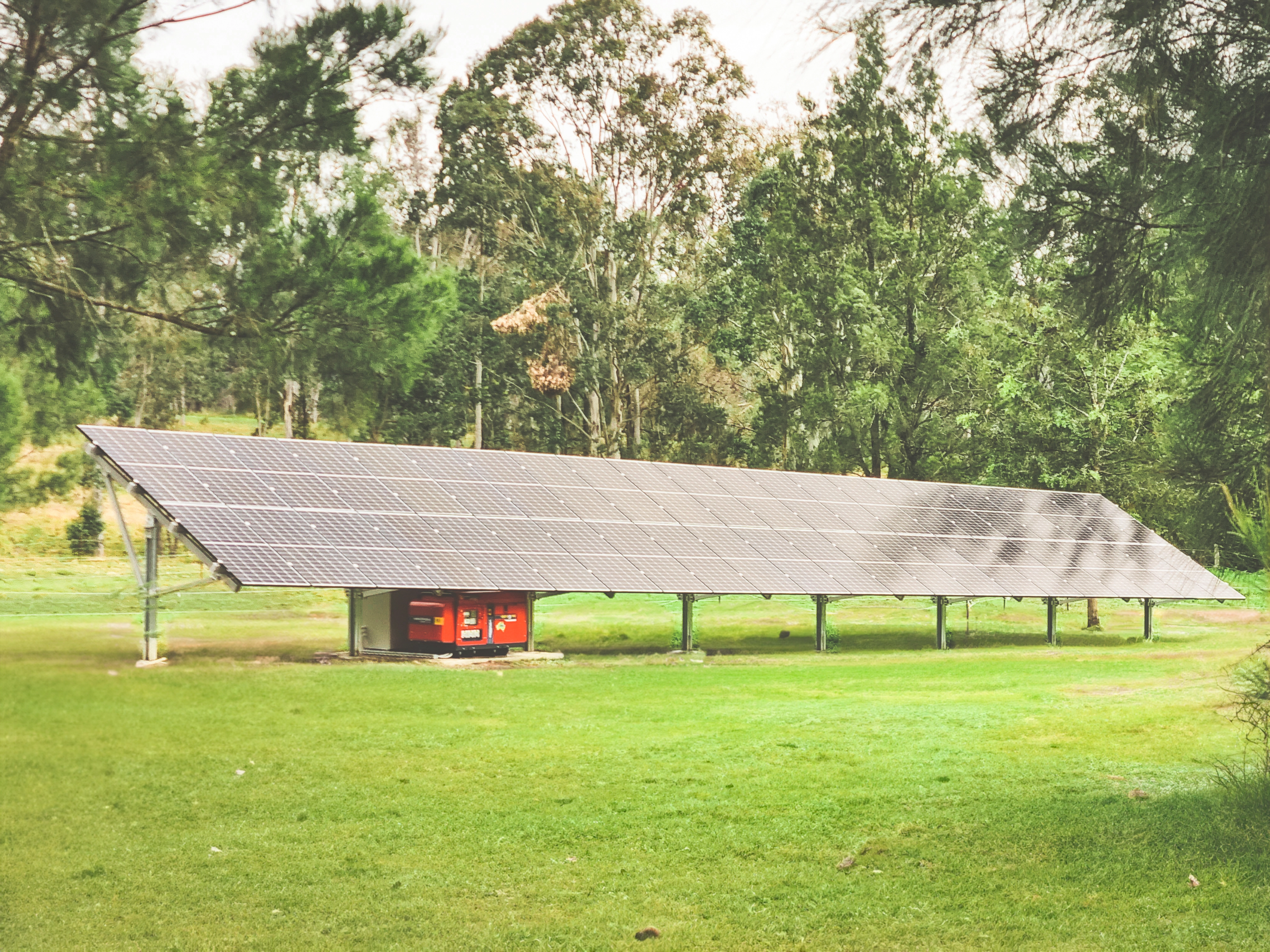
Home off-grid solar and battery systems are an ideal option for areas with a constrained grid and export limits. Being able to produce, store, and consume your own energy 24/7 is an optimal way to be independent in your energy.
Off-grid sheds and other buildings could be a factor too where additional buildings are located too far from a grid supply.
The other advantage is to be fully independent in energy production, storage, and consumption to be less vulnerable to unpredictable
events that affect energy prices.
In most situations when being connected to the grid, choosing to go off-grid doesn't really make sense, especially when you can experience the benefits of a semi-off-grid system like a microgrid.
This system would allow you to harness and consume the energy you generate, but also has the grid as a backup in case of rare situations like consecutive cloudy days etc.
Because your system is the primary energy source, you will need to regularly check your system's health to inspect and prevent
possible issues.
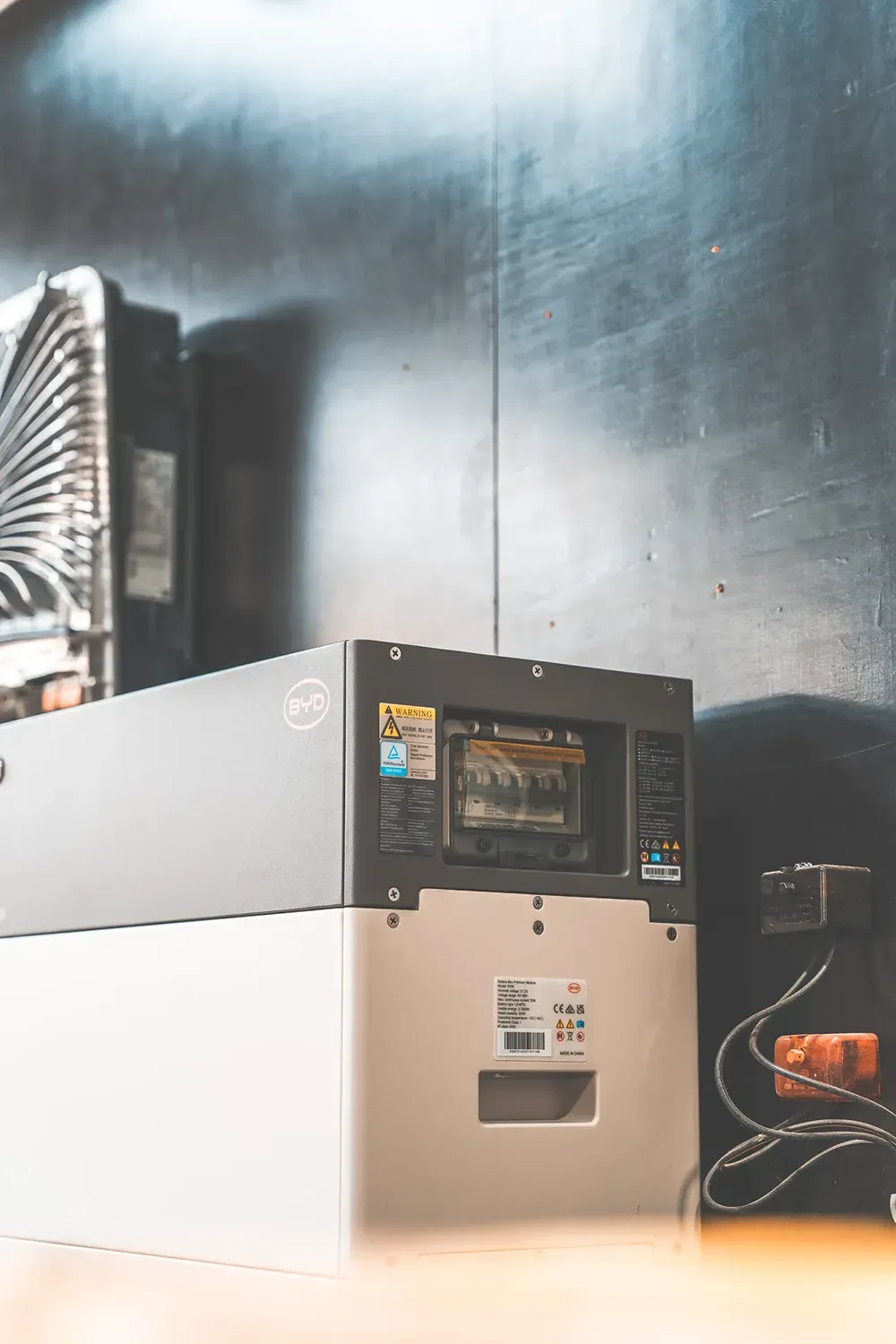
Determining your solar and battery system size and design ensures your property is always properly powered. Your optimal off-grid system size will depend on a few factors like your consumption requirements, lifestyle, and budget.
Calculating your key appliances, using past energy bills, and other factors can help determine your approximate electricity consumption which will indicate what system size you need.
Whilst most household solar systems average between 6.6kW-10kW of solar and around 10kWh of solar battery storage, off-grid properties will need greater capacity to sustain consumption over a few days if needed.
The average home usage from the Central Coast to Upper Hunter is around 14.5 kWh per day. With most homeowners opting for at least 2 days of backup, consuming 14.5kWh per day could be offset with a 7-8 kW off-grid solar system and a 34 kWh backup battery to achieve 2 days of backup.
Because there are so many different variables, it is hard to give out a rough figure on the costs of an off-grid solar and battery system.
Elements include what we've previously mentioned, as well as available roof real estate and if a ground mount system is required, what kind of appliances you will be running, your location, required trenching and installation specifics etc.
A ground mount solar system allows you to install solar to your property without installing the panels on your roof, but on the ground on a mounted system. Think of it like a mini solar farm.
Off-grid solar system batteries like Sungrow SBR and BYD Battery-Box can be DC-coupled which are suitable for complete off-grid electrical setups.
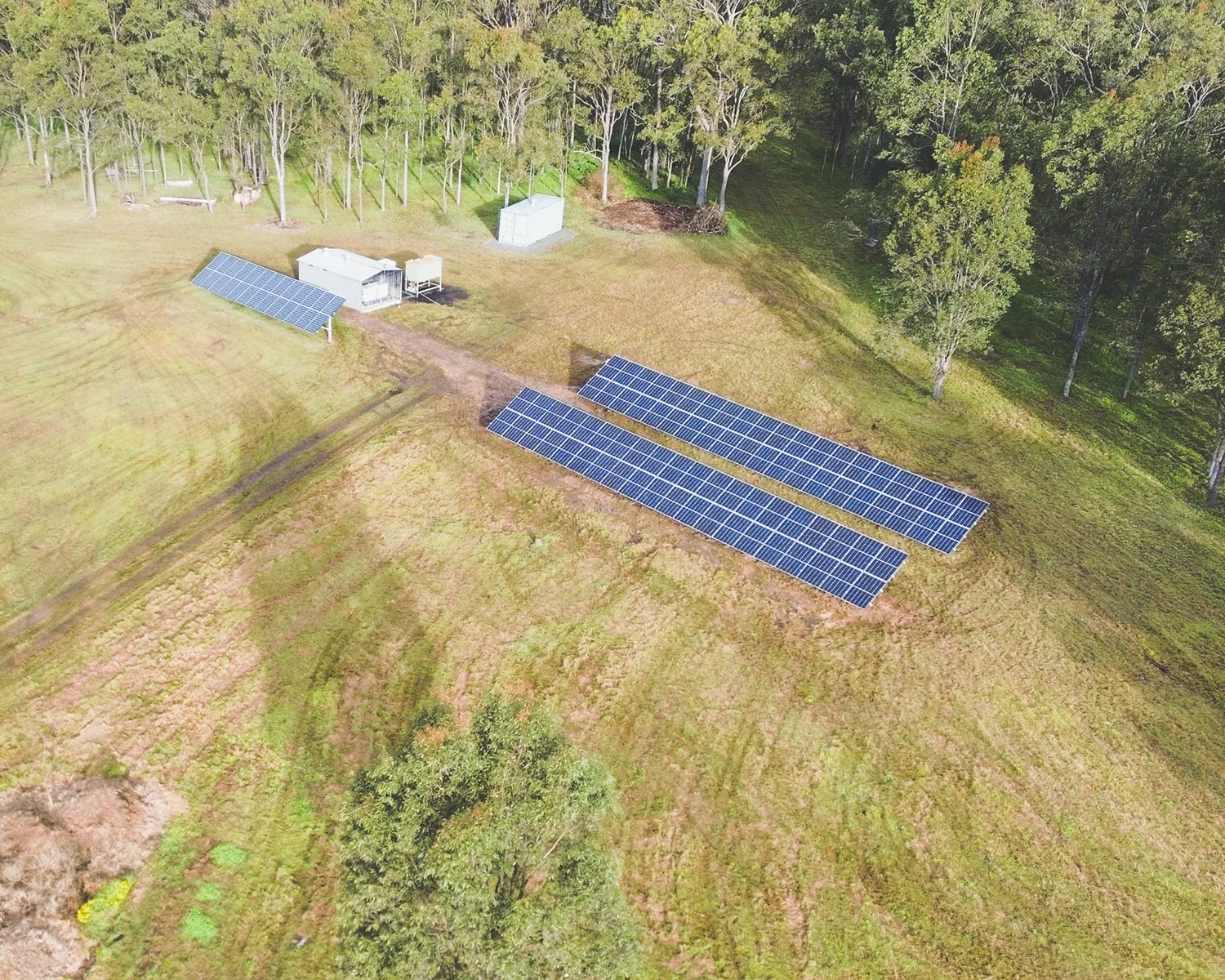
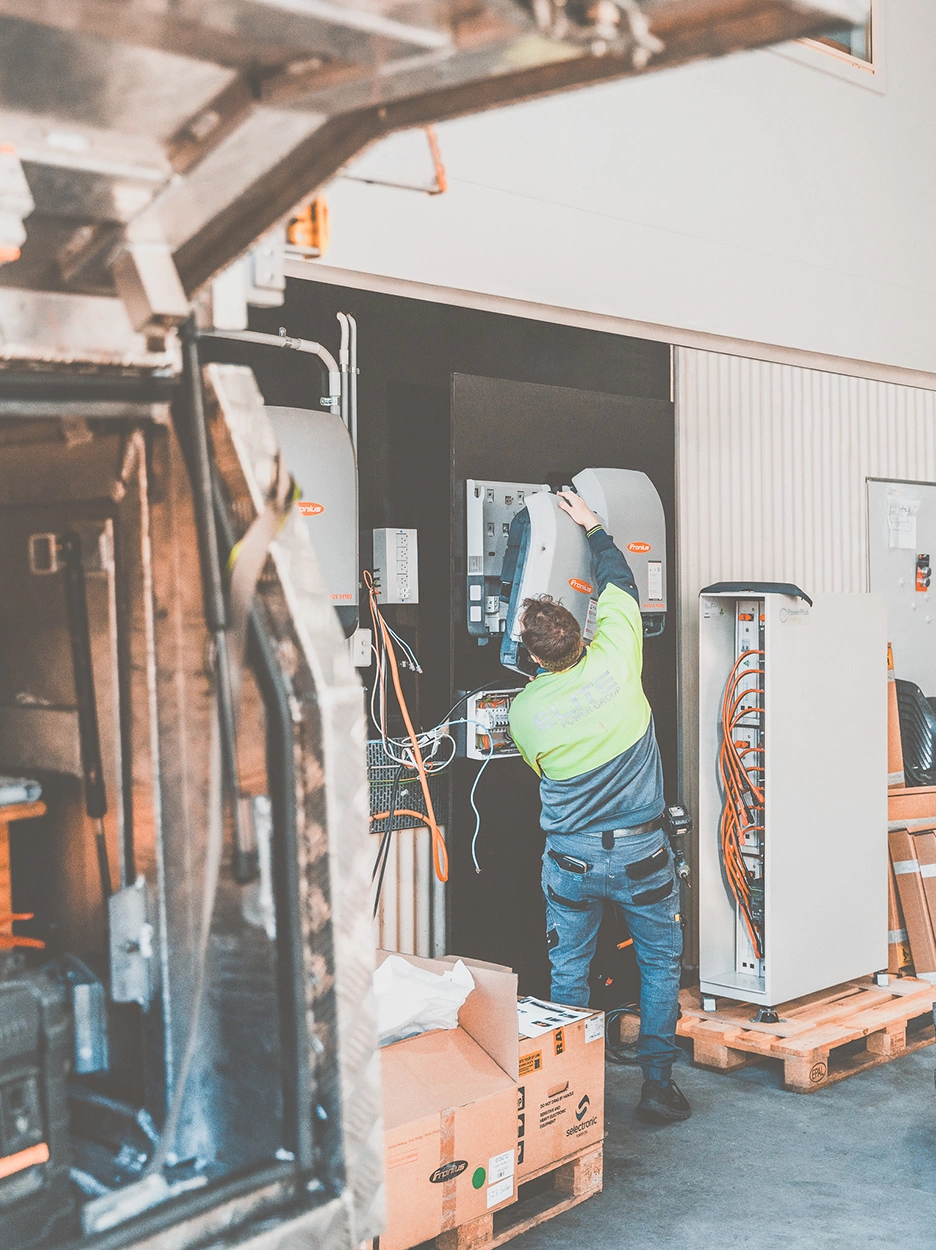
With extensive experience in all sorts of solar and battery systems for a broad variety of properties across Newcastle, Maitland, Hunter, and the Upper Hunter region, our team want to help you find the ultimate energy solution possible.
We understand that each customer and property will have its own unique set of challenges and requirements when it comes to your electrical needs. That is why we work closely with our customer to not just find a bland solution, but a tailored solution to help you get the most out of your energy.
Providing off-grid solutions all over the Newcastle, Port Macquarie, Grafton, and Upper Hunter regions, we want to help you from the initial consultation, to final handover.
Overall, whether you are very-much-so on-grid or completely off-grid in the middle of nowhere, a solar and battery system can allow you to increase your energy independence and self-reliance.
Off-grid property owners can advance their homes, cabins, and sheds with completely sustainable energy with generator backup to produce power whenever they need.
Grid-connected homes can reap the benefits as if they were off-grid, but have the grid as a backup during extended cloudy days or consumption beyond capacity.
if you're either of these people, we really recommend getting in touch with our team. We'd love to discuss your options and how you
best benefit from an installation. Get a free quote on a solar and
battery system today.
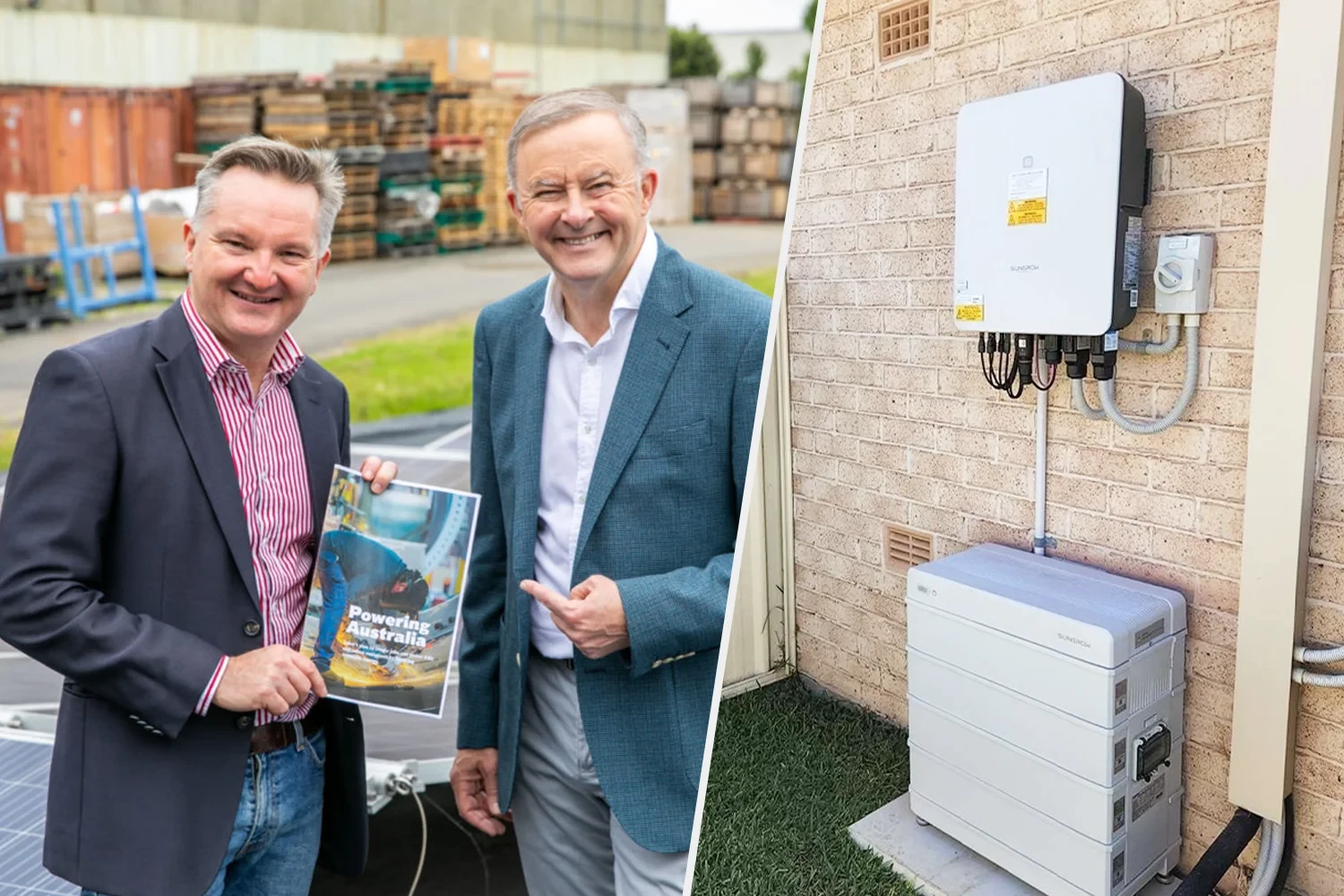
Explore Australia's Federal Government solar battery rebate subsidy like eligibility, approved batteries, requirements, and more about the upcoming incentive.
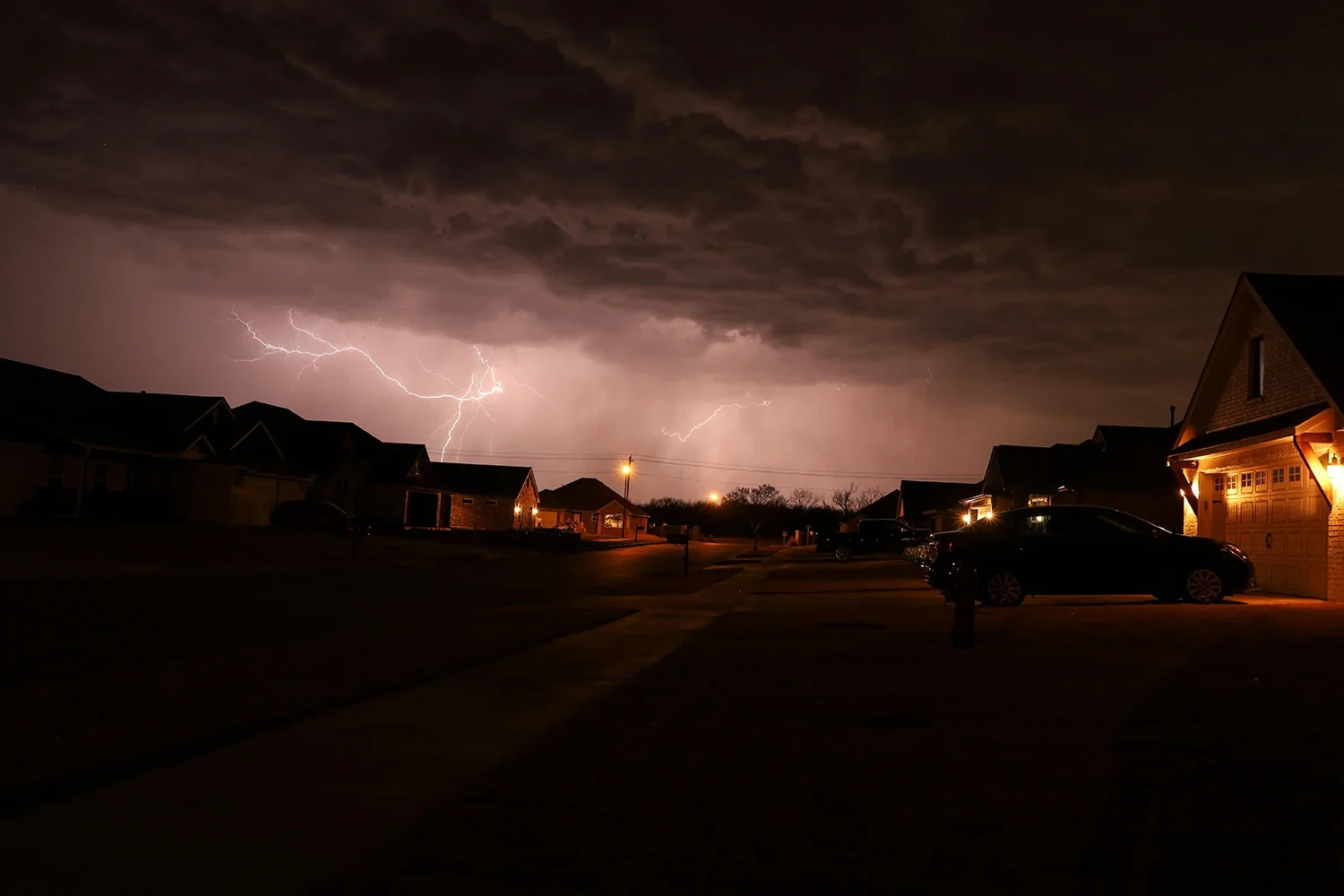
A very strong storm passed through the Hunter, leaving over 100,000 homes without power. Here's how you can protect your home's energy with independence.
Leave a Comment
The Elite Power Group and it's workers exude confidence in their capacity to be efficient, caring and honest. In short - from my experience with them the company and it's workers are most trustworthy. You can rely on them- You can trust them.